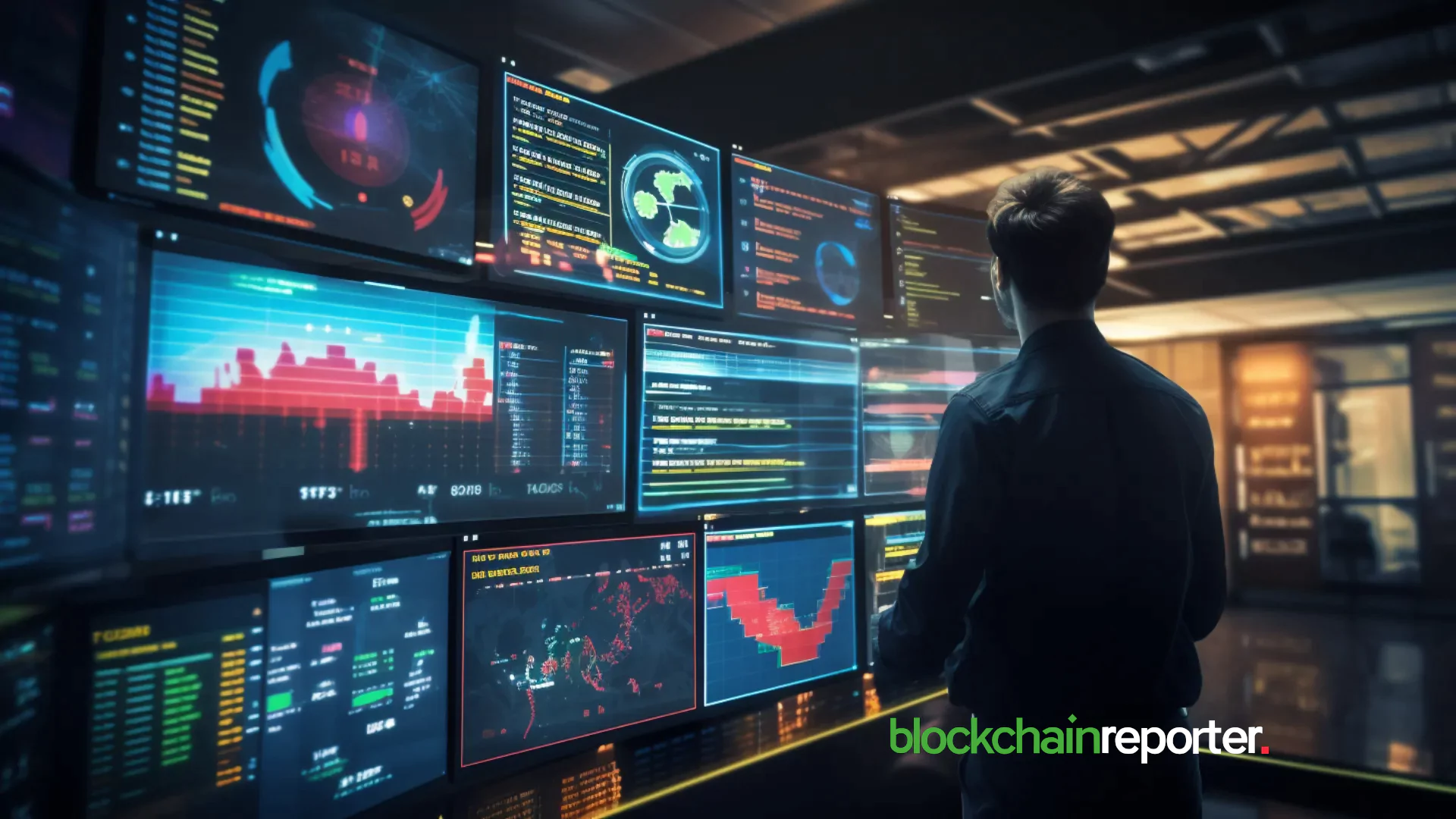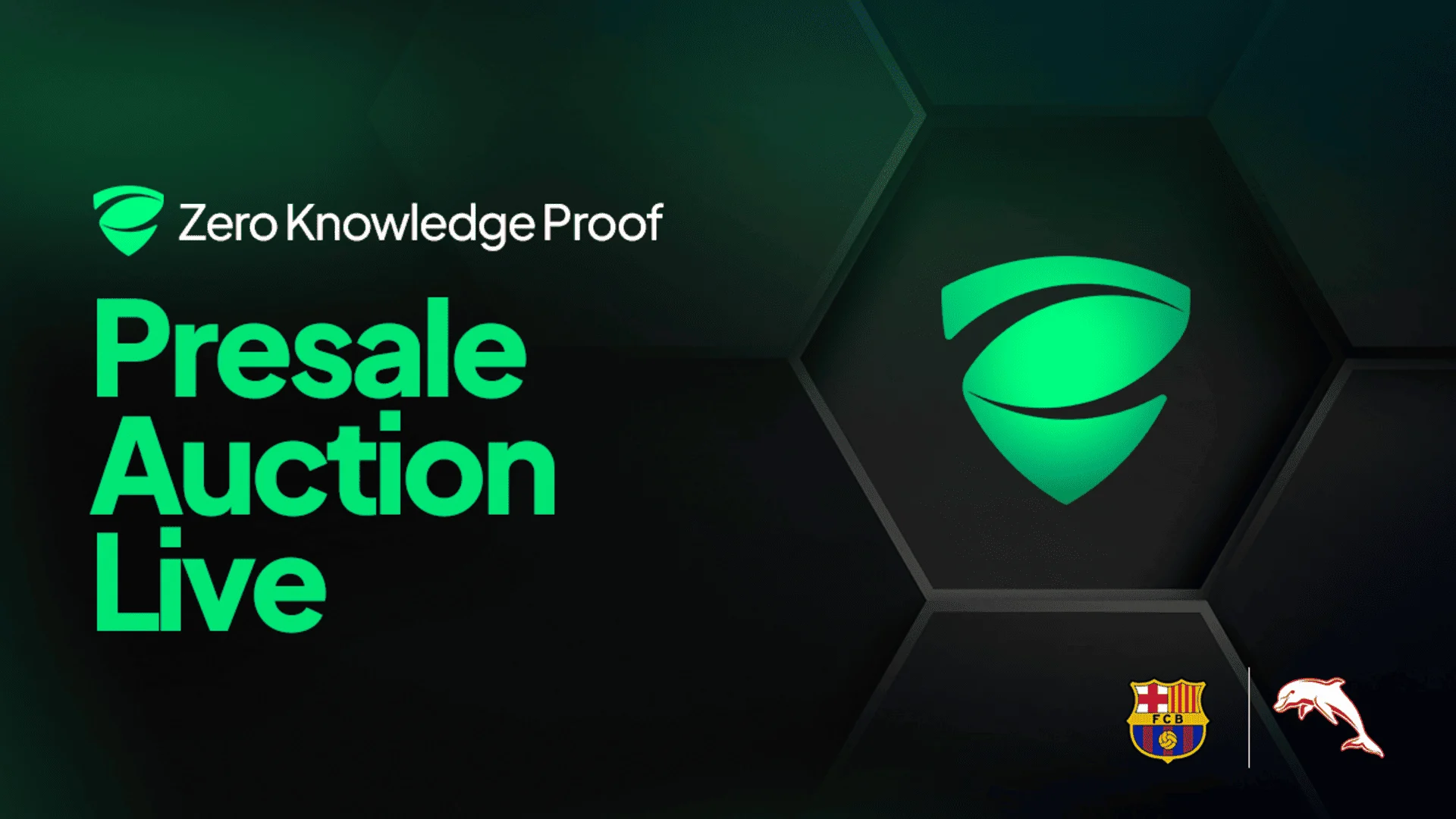
The global financial system has long awaited a solution that would simplify and speed up transactions. Modern traders conduct trading deals worldwide, while long waits for money transfers and numerous fees complicate trading and increase costs.
Blockchain technology has emerged as a compelling solution to inefficiencies in cross-border payments. Also, it simplifies Forex trading automation thanks to the capabilities of smart contracts and makes trading in general more transparent and fair. Learn how Forex trading robots can benefit from blockchain technology and deliver more reliable and profitable results.
Advantages of Forex Robots Operating on a Blockchain
Blockchain-powered Forex robots are a promising yet still underutilized solution. Technical barriers and regulatory complexities hinder the active adoption of this technology. Still, the potential for using blockchain to enhance the automation of Forex trading is enormous. Let’s look at how blockchain integration into the Forex trading landscape can improve robot performance.
Verifying EAs’ Success Rates
The financial market is overflowing with automated Forex trading software. In a highly competitive environment, some developers exaggerate their products’ capabilities to boost sales. If the data is falsified, it’s difficult to verify the performance of a Forex robot. On the contrary, the blockchain records every trade an EA makes, and this information cannot be altered. Therefore, when purchasing a specific robot, you can be 100% sure of its effectiveness.
Eliminating Intermediaries
The relationship between traders and brokers will also be transformed by blockchain technology. They will no longer need intermediaries for trade execution. Smart contracts will handle this function effectively, meaning brokerage services will be cheaper. Furthermore, smart contracts will reduce the risk of manipulation by brokers, increasing trust in trading among a wider audience.
Reducing Broker Fraud
Current brokers have exceptional control over EAs, as they provide traders with access to the MetaTrader 4 (MT4) and MetaTrader 5 (MT5) platforms. Conventional Forex robots are designed specifically for these trading platforms. Still, unscrupulous brokers can manipulate data, such as trading history and trade logs. In contrast, with blockchain-powered EAs, all this data is validated on-chain. Therefore, the number of traders who fall victim to fraudulent brokers will dramatically decrease.
Equal Conditions for Trade Execution
In modern Forex trading patterns, trade execution is also controlled by the broker. Therefore, they can place privileged traders in a more advantageous position, for example, by providing them with faster routes for executing their orders. Therefore, traders who are not VIP clients may experience reduced profits or even losses. With the use of blockchain-powered robots, control over trade execution will be decentralized or hybrid at first. This will create a fairer environment for all traders, eliminating distortions caused by broker interests.
Factors Hindering the Spread of Blockchain-Powered Forex Robots
Completely decentralized Forex trading ecosystems (DeFi FX) are still in their infancy. However, their obvious advantages are so compelling that the rapid progress in this direction will undoubtedly capture significant market share. Currently, the key barriers to the faster adoption of blockchain technology in automated Forex trading are the following:
- Lower liquidity due to fewer traders willing to engage in blockchain-based trading;
- Complexity of interaction within the DeFi ecosystem due to the presence of various blockchains and tokens;
- Inability to comply with KYC/AML requirements in decentralized trading;
- Obstacles from brokers unwilling to abandon their profitable business models;
- High technological risks due to the possibility of smart contract exploits, which can lead to asset loss.
Thus, the active implementation of blockchain technologies in automated Forex trading is hampered by technical and social factors. Central control over traders’ operations benefits governments, which can enforce certain policies, and brokers. At the same time, a robust decentralized infrastructure would undermine brokers’ enormous profits, redirecting them to traders.
Furthermore, an important obstacle to blockchain integration is that serious traders are not yet ready to switch to decentralized Forex trading. The high risk of significant slippage due to low liquidity deters those who trade large volumes. Without their more active involvement in the Forex DeFi ecosystem, it will remain marginal compared to mainstream markets.
The Bottom Line
Decentralized Forex is a promising direction in the evolution of fiat currency trading. The use of blockchain guarantees a fairer environment for all traders, lower trading costs, transparency, and a radical reduction in scams. Trading automation will also benefit significantly from the transition to blockchain-based trading. The ease of verifying the performance of Forex robots will eliminate fraudulent software from the market and inspire greater trust among traders. Brokers will also be deprived of the ability to manipulate data or prioritize order execution, making trading more profitable and attractive.





